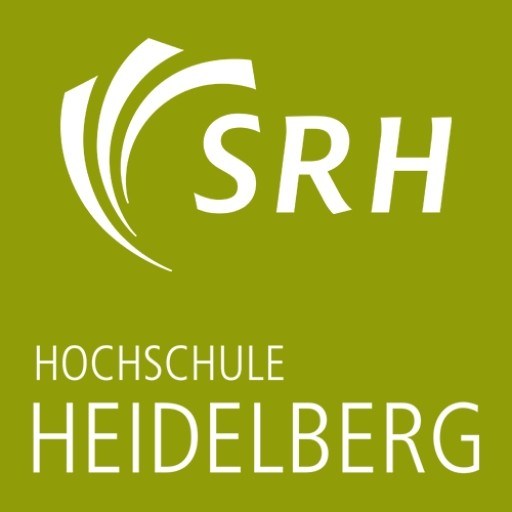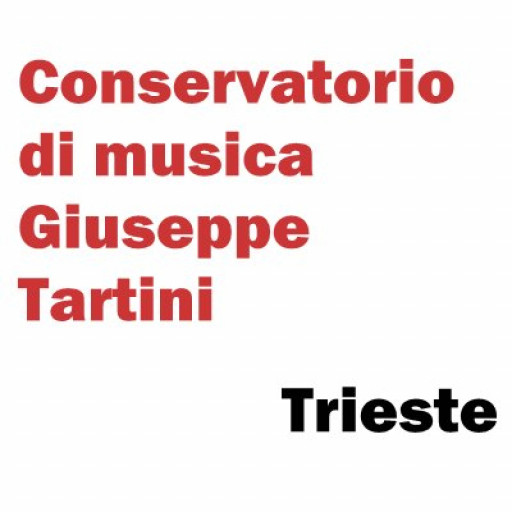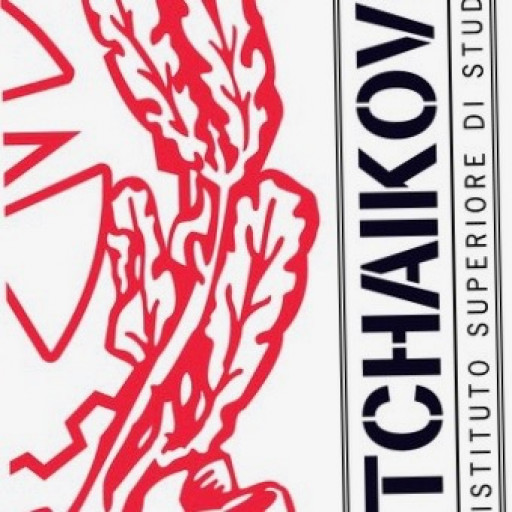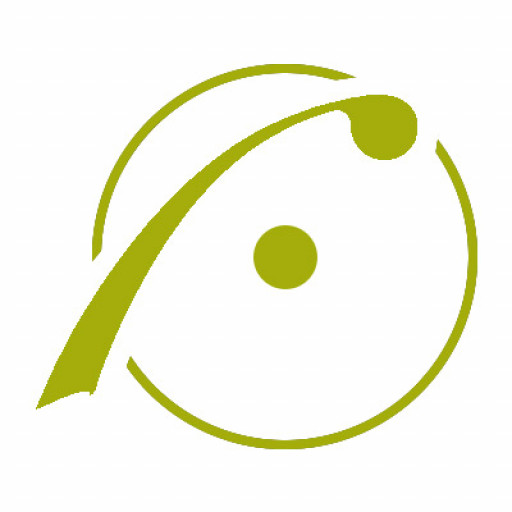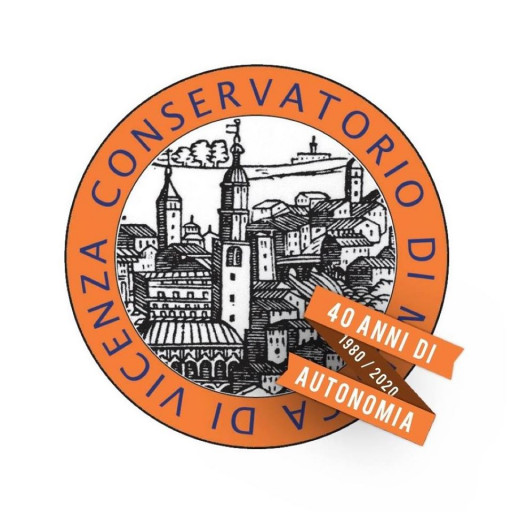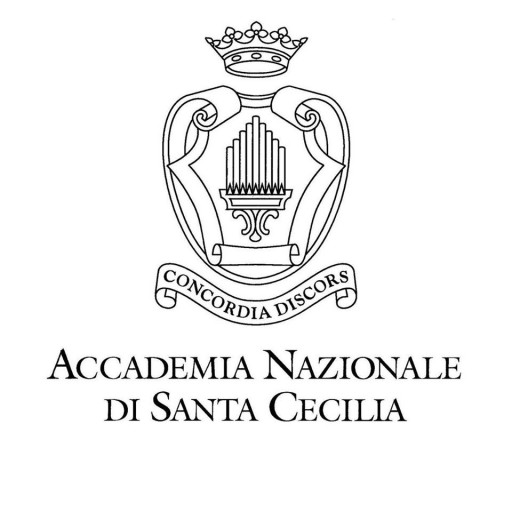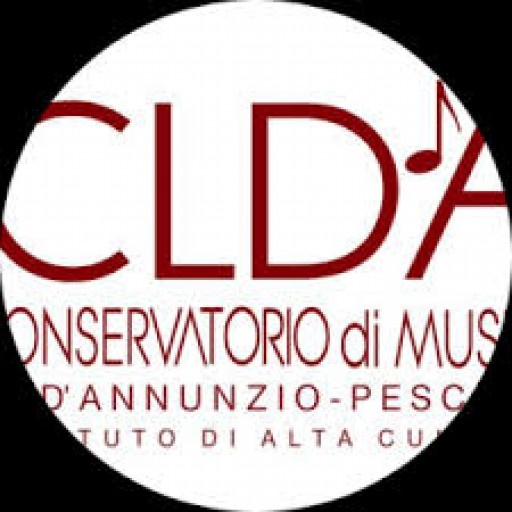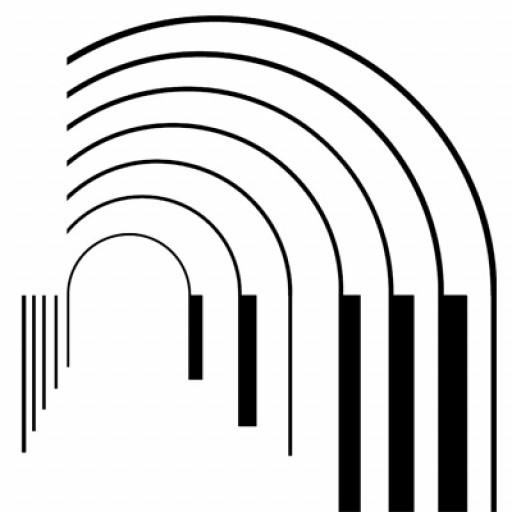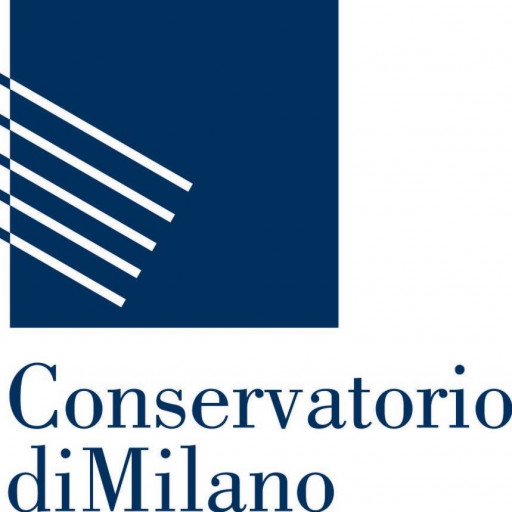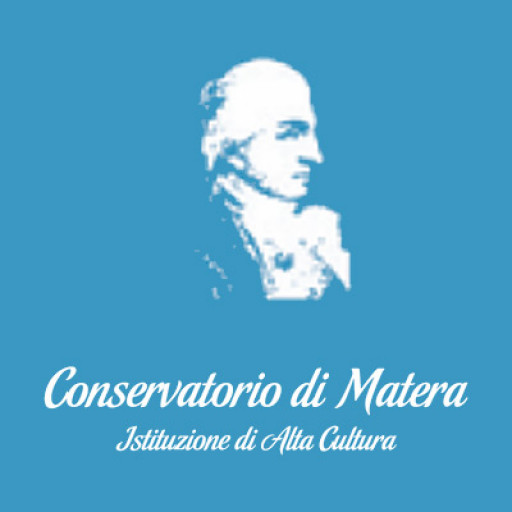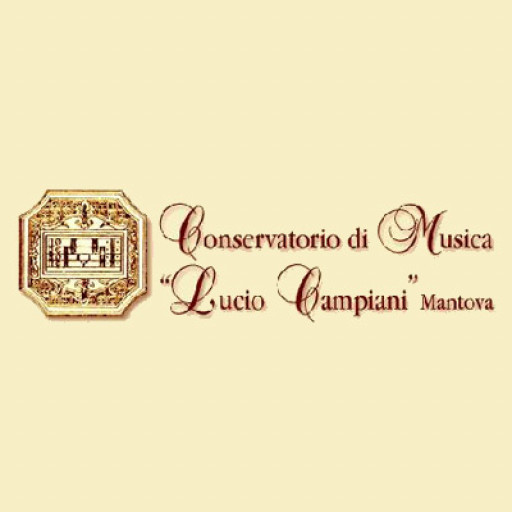Music Therapy is the specific therapeutic use of music for the promotion of emotional, cognitive, social, and physical integration and recovery on a scientific basis. As an arts therapy approach, it has the potential to contribute to activation, stabilisation, and recovery in the context of prevention, acute intervention, and rehabilitation. In both science and clinical practice, there is an increasing interest in music therapy approaches as an important addition to standard care.
The professional context of music therapists is not limited to traditional areas of practice such as psychiatry, psychosomatic medicine, or special education. Music therapy is also applied in classical somatic medicine and increasingly used in prevention.
In recent decades, music therapy has been established in the following fields:
The professional context of music therapists is not limited to traditional areas of practice such as psychiatry, psychosomatic medicine, or special education. Music therapy is also applied in classical somatic medicine and increasingly used in prevention.
In recent decades, music therapy has been established in the following fields:
- psychiatry
- psychosomatics and psychotherapy
- neurology (early and general rehabilitation)
- geriatrics
- palliative and hospice care
- paediatrics
- intensive medicine centres (for example, neonatology, oncology, pain) and their post-intensive care facilities
- psychosocial institutions working with children and families with special needs, disabilities, and early support
- institutions of prevention and education (e.g., music schools, youth centres, kindergartens)
Educational organisation
Contrary to other Master's courses in Germany, this programme is designed as a two-year full-time programme and generally begins with the winter semester on 1 October. The process of this programme is managed by the study and examination regulation. The study programme contains 120 ECTS and concludes with a state approved degree. The language of the programme is English. The interdisciplinary team of lecturers offers the ideal environment for studying in a field where music therapy, medicine, psychology and music overlap.It has been our philosophy to combine teaching, practice, and research under one umbrella.
- Teaching - Music therapy, music, and psychology/medical subjects are aligned with the respective topic and are combined with opportunities for the students to develop their therapist personalities (e.g., music therapy experiential and self-experience groups).
- Practice - The music therapy outpatient centre on-campus and clinical internships (in cooperation with our national and international partner facilities) offer training opportunities closely linked to everyday practice.
- Research/Science - Our in-house psychophysiological laboratory and the collaborative research projects with our national and international partners provide the opportunity for students to familiarise themselves with and contribute to scientific work and research under the supervision of our scientists.
Module 1: Fundamentals of scientific research
Module 2: Fundamentals of music therapy
Module 3: Psychology
Module 4: Fundamentals of instrumental skills I
Module 5: Clinical psychology I (psychotherapy approaches)
Module 6: Clinical psychology II (psychiatry, psychosomatics, psychotherapy)
Module 7: Neurology & quantitative research methods
Module 8: Fundamentals of instrumental skills II
Module 9: Clinical placement
Module 10: Evidence-based music therapy and assessment (medicine / children)
Module 11: Therapeutic arts (field specific application)
Module 12: Advanced instrumental skills
Module 13: Therapeutic sciences project
Module 14: Professionalisation, law and ethics
Module 15: Thesis
The advantages of our high quality programme include the following:
- We offer small study groups.
- Our competence model: Competences as required by employers and practice are the foundation of the curricular study structure.
- Five-week units aligned to one practice-related subject
- Transparent study organisation with evaluation and clearly defined, competence-oriented exam settings specifically tailored to the respective content.
- Activating teaching methods including case studies, seminars, group work, presentations, role play, etc.
- Education partnership: academic/professional, organisational and personal support from mentors
- Specially equipped facilities, such as PC studios and practice rooms, allow medial support for music notation, therapy analysis, etc.
- State-of-the-art musical equipment
- International study flair with student exchange with selected universities and clinics
- Opportunity for an individual focus within the study programme
- Close collaboration between the educative music therapy outpatient centre and and the study courses
- Quality assurance through regular, confidential evaluation and open exchange between lecturers and students
- Insight into research projects within and beyond the School of Therapeutic Sciences
- Guest lecturers in the context of academic colloquia, teaching exchange or research partnerships
Internships
Between the first and second course year, students will be in their placement from July to September. The clinical placement (300 hours under guidance and therapy supervision) provides an intense and exclusively practical experience beyond the school, accompanied closely by external mentors. These mentors are academically educated music therapists. The organisation is handled by the students in consultation with the School. Every placement requires prior approval of the School. It is recommended to complete the placement in a country where your mother tongue is spoken (in your home country or elsewhere).Forms of assessment
Gradings are a mix of various assessment forms, which include the following:Colloquium
Combination exam
Internship report
Oral exam
Presentation
Practical work
Written exam
The final Master's thesis is a written work that will be defended in an oral colloquium.
Course objectives
Clinical PracticeThe applied Master's programme qualifies the student for clinical practice, working with children and adults in the following core fields:
- psychiatry
- psychosomatic medicine and psychotherapy
- paediatrics, children and youth psychiatry and psychotherapy
- neurology (early rehabilitation, rehabilitation, and psychosocial post-care)
- pain, psycho-oncology, palliative care
- trans- and interdisciplinary, evidence-based practice
Scientific Work
Research projects are run regularly at the School of Therapeutic Sciences. They are organised, carried out, and published in close cooperation with universities, research centres, and clinical partners. There is a particular interest in evaluative research of music therapeutic treatment, which takes place in the adjacent in-house music therapy outpatient centre. Students are able to collaborate on these projects, provided they have the necessary skills and interest and can thereby qualify for a scientific career. Together with our partners, it is possible to offer cooperative doctorates.
Language requirements
Documented English skills (TOEFL or similar) are preferred. Alternatively, an interview can be arranged either in person at the university or via Skype.Academic requirements
- A state approved university degree of at least six semesters' duration in one of the following disciplines: music/music studies, psychology, medicine, social pedagogy, or a similar degree
- Individual exceptions are possible, but require special approval
- Personal and artistic eligibility (assessment)
- Documented proof of good English skills (TOEFL test or similar)
Enrolment fees
620 EUR, one-time chargeCosts of living
Approx. 700-800 EUR per month to cover personal expenses like housing, transport, food, etc.Arrival support
After finalising your travel plans for Heidelberg, please inform the International Office of your itinerary/arrival time. On arrival day, your student tutor will arrange to meet you and also help you through the first couple of days.Services and support for international students
Our International Office is a service centre for German and international students and professors. Our main issue is to develop international programmes, to increase the number of international students as well as the number of our students who go abroad. The International Office gives advice and information on all topics affecting international students and provides competent support from before the beginning of their stay until their graduation and departure. We assist our international students in all questions of visa, admission, residence permission, and accommodation.International Week is a week-long learning event hosted by the SRH University Heidelberg. Lecturers from both at home and abroad come together to hold seminars and classes which revolve around each year's selected theme. Student participants come to Heidelberg to attend their seminar of choice (indicated in advance) from Monday to Thursday. On Friday, students take an exam to receive a grade and academic credits for the course. During the programme, participants have the opportunity to join group excursions to explore the area and gain insights into the country and its culture. The official language of the International Week is English. This event takes place in Heidelberg, Germany.
Accommodation
Live and study right in the centreQuiet, centrally located, and economical, over 500 attractive furnished single-room flats are available to our students right on campus.
